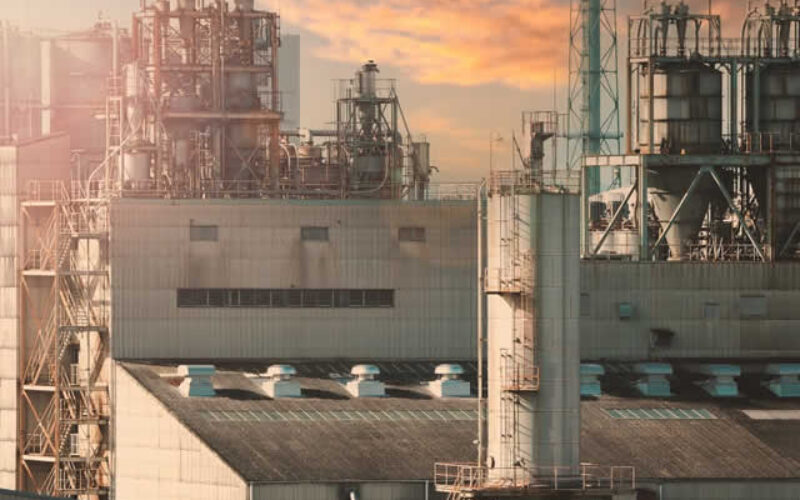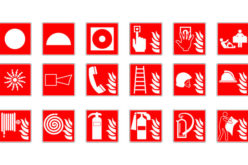Still, increased demand can also cause oil and gas companies to relax their safety requirements, which increases dangers to worker health. Here are some ways to improve safety in the oil and gas industry for managers to ensure quality work performance while maintaining a safe atmosphere for everyone involved.
From knowing the different OSHA standards and outsourcing safety programs to open communication and job performance expectations, supervisors will see how they can ensure satisfactory production for these operations.
Know the Different OSHA Hazards
The Occupational Safety and Health Administration (OSHA) is a federal agency responsible for various industrial labor inspections towards maintaining safe, efficient workplaces. They enforce various statutes and regulations towards the physical and mental health standards for workers in the private sector, local and state government, and federal government.
In the oil and gas industry, OSHA monitors all workplace-related hazards such as vehicle collisions, explosions, fires, falls, machine hazards, and electrical hazards.
All oil and gas plant supervisors must familiarize themselves with these risks and conduct proper assessments at their jobsites to mitigate potential safety risks for workers.
Communicate
Similarly, supervisors must always establish open communication with workers for every industry phase, from extraction to production.
Communication ensures plant managers and workers keep in contact at all times through a broadband network of two-way communication.
Cell phones, radios, and walkie-talkies can do this. Otherwise, smart technology via smartphone or tablet apps keeps track of workers around the plant, so that way supervisors know employees’ locations at all times and can respond to workplace accidents more quickly.
Implement Work-Appropriate Safety Programs
Another way to improve safety in the oil and gas industry is for managers to implement work-appropriate safety programs. Third-party safety consultants have the knowledge, experience, and skills to assess and introduce various safety programs depending on the industry.
Oil and gas industry safety programs may cover explosions and fires, vehicle collisions, falls, machine hazards, electric, miscommunication, and so on. Outsourcing training programs saves time and also opens more room for managers to focus on other aspects of the oil rig or extraction plant.
Whether outsourcing these programs or implementing themselves, oil and gas companies ensure safer practices for their employees.
other related articles of interest:
Monitor Performance
Like with any profession, job performance is a crucial asset to effective work. Supervisors should monitor all employees to ensure proper work procedures and machine operation. However, not all job performance centers on work, which is why it’s equally important to also focus on the wellness of workers.
Keeping track of employee satisfaction bolsters morale and improves work quality. Incentivization programs, such as monthly performance bonuses, can easily streamline this process so that workers perform their duties beyond expectations.
Image Credit: ways to improve safety n the oil and gas industry by twenty20.com
end of post … please share it!
-------------------------------------------------------------------------------------------------------------
-------------------------------------------------------------------------------------------------------------
home remodeling reference (links to internal page)
 |
 |
 |
 |
| directory | photos | forms | guide |
Helpful article? Leave us a quick comment below.
And please share this article within your social networks.












